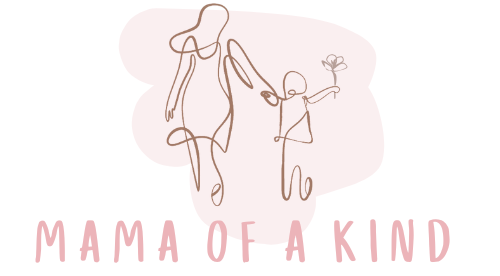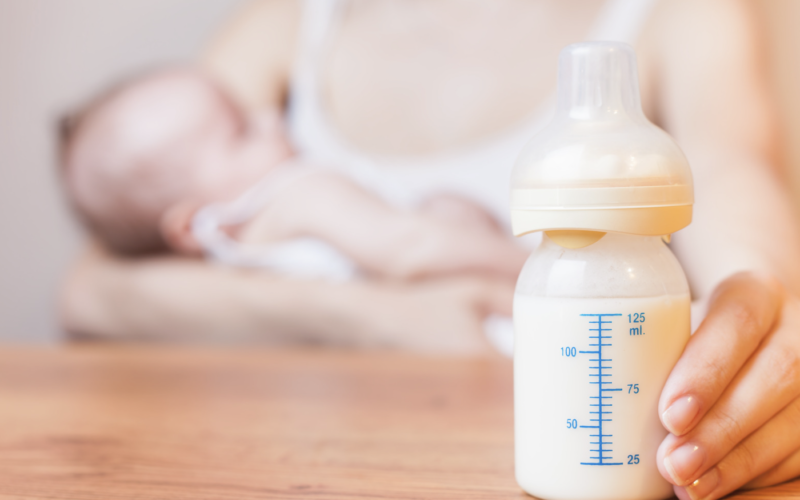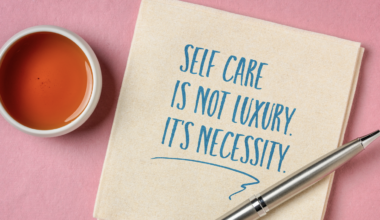“Breast is Best”. We’ve all heard this before.
Breastfeeding, for years now, has been highly encouraged because of its benefits to both mother and baby. But the reality is that not all women can or want to…and for their own rightful reasons.
It’s therefore time that we start supporting mothers’ decisions in regards to feeding their baby, no matter what that looks like. Because the added pressure that society is putting on us mamas surrounding breastfeeding is truly impacting our mental health, and not in a good way.
When Did It Start? – Encouraging Mothers to Breastfeed
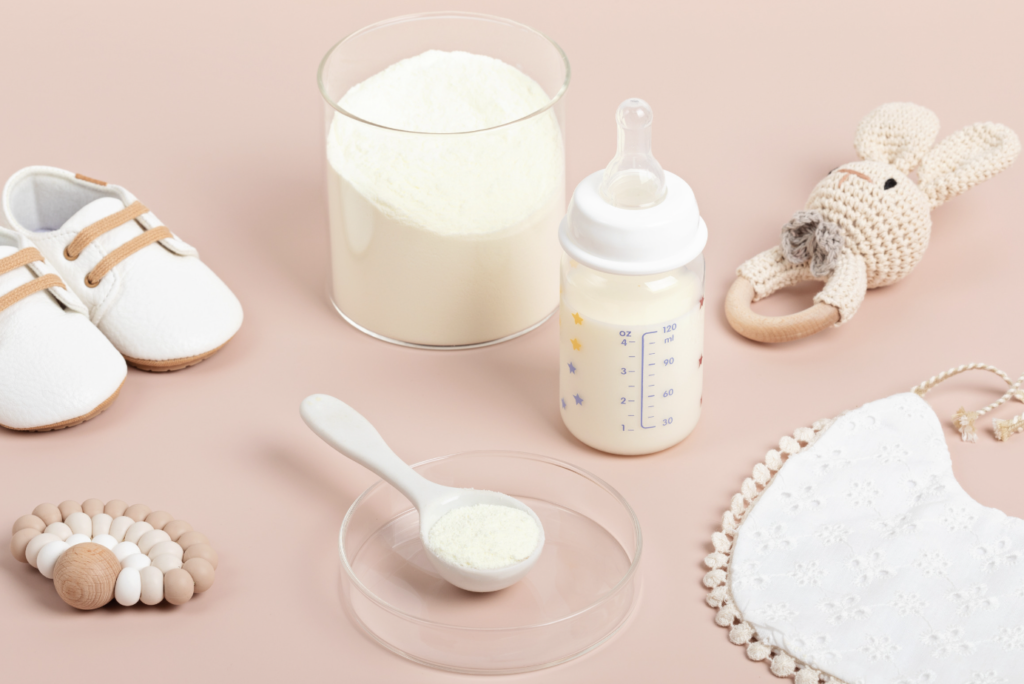
At the start of the 1940-1950s, infant formula was being advertised directly to physicians and became a safe and well-known substitute for breastmilk. Their advertising efforts led to formula seeing an increase in popularity which, consequently, led to a decline in breastfeeding until the 1970s.1
Because of this decline in breastfeeding, various campaigns emerged in order to encourage breastfeeding. However, in the midst of the breastfeeding campaign efforts, the infant formula industry started directly advertising their products to the public in 1988, which again had an impact on breastfeeding.1
Since then, the campaigns promoting breastfeeding have been relentlessly trying to undo what the formula industry had done: negatively impacting the practice of breastfeeding.1 In fact, the breastfeeding rate has declined to 42% in the 21st century, down from 90% in the 20th century.1 That’s a pretty large decline.
Why Is There So Much Pressure Around Breastfeeding?
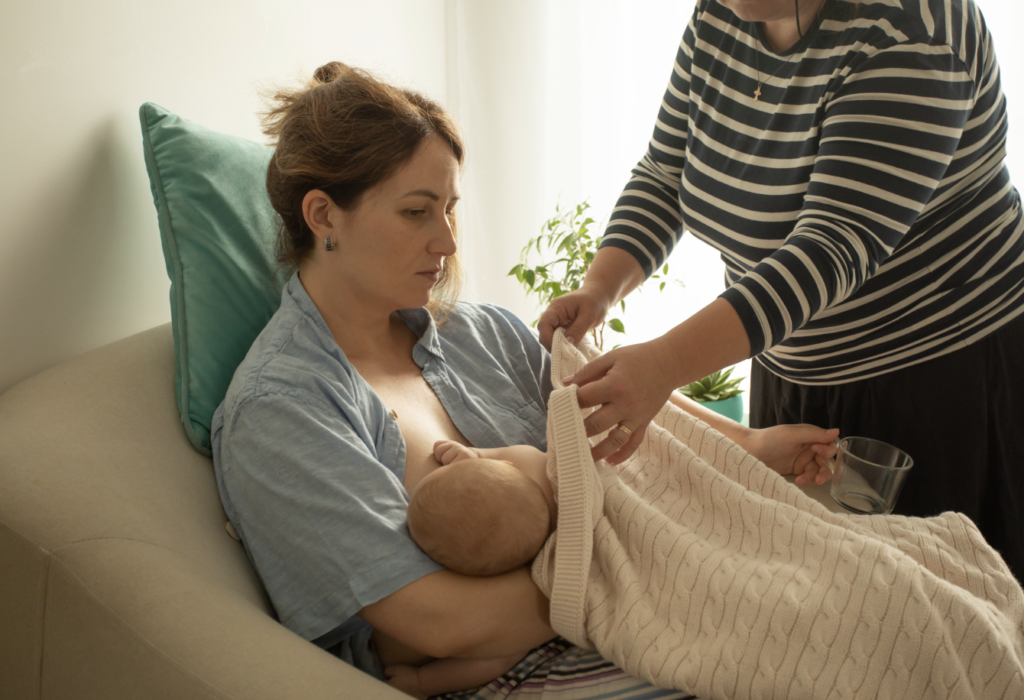
The term “Breast is Best” stems from a breastfeeding campaign developed in the 1990s by the World Health Organization.2 This campaign emerged in response to children dying of starvation or malnutrition due to heavy infant formula advertising in developing countries. Infant formula was not yet affordable and the drinking water wasn’t necessarily safe in many of these developing countries.2
People were being drawn away from seeing breastfeeding as the go-to infant feeding because of the infant formula industry’s forceful and compelling marketing.
Since then, various other health organizations, such as Unicef, are still to this day trying to encourage mothers to breastfeed until at least the first 6 months because of the health benefits it can provide their babies. Even so, women are now encouraged to breastfeed beyond the age of 6 months because of these benefits.3
Based on what was mentioned previously with the breastfeeding rates declining substantially, we could see why the “Breast is Best” campaign is trying so hard to keep the breastfeeding practice alive. Professionals are working so hard to promote breastfeeding, but their approach might not be the best…
It’s one thing trying to make a point and encourage the breastfeeding practice, but to make other forms of feeding, like infant formula feeding, appear like a negligent or careless choice just isn’t fair to those for whom breastfeeding isn’t a sustainable choice. There seems to be no in-between.
How can we find the right balance in the midst of this rigidity? The choices should be for a family to make based on their own unique circumstances, which may involve a creative combination of different feeding methods.
Understanding the Benefits of Breastfeeding

So why is the “Breast is Best” campaign rigorously trying to encourage breastfeeding? Because of its benefits. Some of these benefits are4:
- Breastmilk is a good source of nutrition for most babies. The breast milk changes as a baby grows to meet their specific nutritional needs.
- Breastmilk is good for baby’s immune system as antibodies are being given from mother to baby.
- Breast milk can help protect babies against some short- or long-term illnesses or diseases, such as asthma, diabetes, SIDS & obesity.
Of course, there are also benefits for the mother, like being able to feed her baby any time, any where, without the hassle of bringing bottles and formula with them. It can also provide a source of comfort for babies (although a baby can be comforted in other ways…they don’t need to be breastfed to be comforted).
Breastfeeding Comes With Its Struggles Too

Breastfeeding comes with its struggles. Of course, it’s said that it can be beautiful; that it has various health benefits for both you and your baby. But, it can also have it’s cons, such as the following:
- Sore nipples or tender breasts from engorgement;
- On the clock and feedings can be unpredictable;
- If you’re exclusively breastfeeding, only you can feed, unless you pump and bottle feed;
- It can be isolating and physically draining (it can really affect your mental health);
- Some women struggle with low milk supply.
It sometimes feels like these “cons” are brushed off or not spoken of because the benefits are trying to be highlighted as much as possible.
We need to start to be open about ALL of it; the good and the not-so good parts of all forms of feeding. Because they all have good elements to them, but they also naturally ALL have their drawbacks.
Not Breastfeeding – Made to Feel Like a Bad Mother
This clearly comes from the battle of the two worlds of feeding; infant formula and breastmilk. One tries to trump the other and make it seem like their way is better, for whatever reason.
The focus, though, is being taken away from truly supporting mothers in their feeding journey.
These two worlds have historically been so tied up into fighting against each other (with some reason…but there’s a limit) that, once again, mothers are encircled in absolutest terms: “Breast is Best”… but what if for some it’s actually not?
Mothers are made to feel guilty for not being able to breastfeed or not choosing to do so. Judgement is directed towards mothers who choose other than breastfeeding; like they’ve done something really disgraceful or that they don’t “care” about their babies enough; that they’re bad mothers. It’s unfair the way mothers are made to feel this way.
Actually, some mothers aren’t able to produce breastmilk or their supply is too low for it to be an adequate source of nutrition for their baby. There’s so much pressure put on us mothers that makes us feel like we aren’t able to perform.
And, in fact, there are reasons why mothers can’t or choose not to breastfeed.
Reasons Why Mothers Choose Not to Breastfeed…All Good Ones

We’re human. Not everything in life works for everyone. And that really needs to be taken into consideration when we think about a baby’s form of feeding. There are many reasons why mothers choose not to breastfeed (or simply are unable to do so). And these reasons…are all valid. Here are some of the reasons why mothers choose alternative routes for feeding their baby:
- Cultural or medical reasons;
- They don’t feel comfortable with the idea of their baby sucking on their nipples;
- Issues with the baby latching onto the breasts;
- Unable to produce enough milk;
- Mental health (it can be draining and difficult on many levels);
- Need support from partner in the feeding process;
- Having to return back to work early.
Lack of Support

We understand that breastfeeding has its benefits. But pressuring mothers to breastfeed when it just clearly doesn’t work for them for whatever reason is truly unfair.
Mothers need more support. Even among the professionals that offer support, a sense of judgement is still sometimes present. We should be given options, proper information and support; so that we, in the end, can make the decision that best suits our circumstances. Nobody should be making this choice for us.
How the Pressure to Breastfeed Is Affecting Our Mental Health
A study was done on roughly 2,500 new mothers and the results showed a correlation between breastfeeding difficulties in the early months and postpartum depression.5
Breastfeeding can be hard mentally, physically, and emotionally. Sometimes, mothers start off breastfeeding and end up changing feeding methods because it either doesn’t work for them or it has become too much. When that happens, those mothers can be made to feel guilty; feel ashamed; feel unsupported in their journey to change methods; and feel like they’re being selfish in their decision.
Bottom Line
It is important to be informed. The whole spectrum of infant feeding methods has its pros and cons. But us mothers should feel empowered to choose what’s best for us; best for our baby(ies), of course…their needs usually always take precedence over ours. However, our mental health and our unique circumstances should also be taken into consideration.
Motherhood is difficult enough. There’s already so much pressure and noise in regards to how mothers make decisions, and needless to say, SO much judgment.
It should be up to us mamas to determine what’s best for our motherhood journey.
The same energy that’s being put into encouraging certain forms of feeding should be the same energy used to support mothers along their journey, regardless of which path they take.
Being aware of ways that will ensure that us mamas are in a good mental state for our child(ren) is just as important for their health.
We’re mothers. We care. We matter.
Sources:
2https://19thnews.org/2021/08/when-breast-is-best-becomes-too-much/
